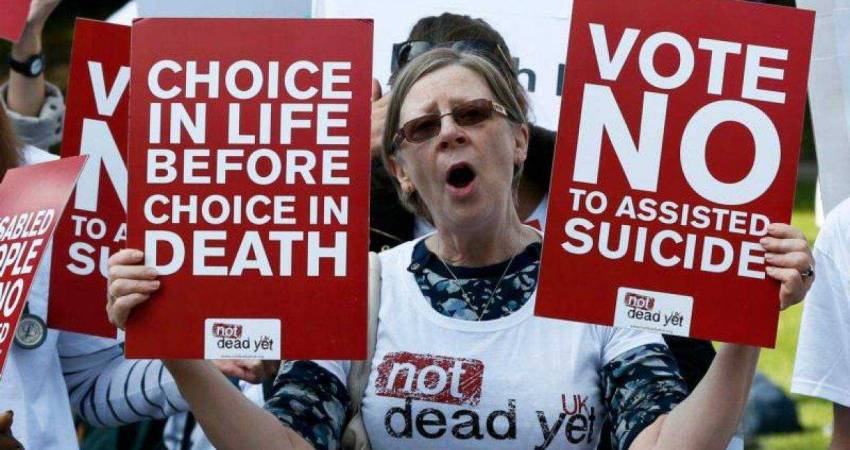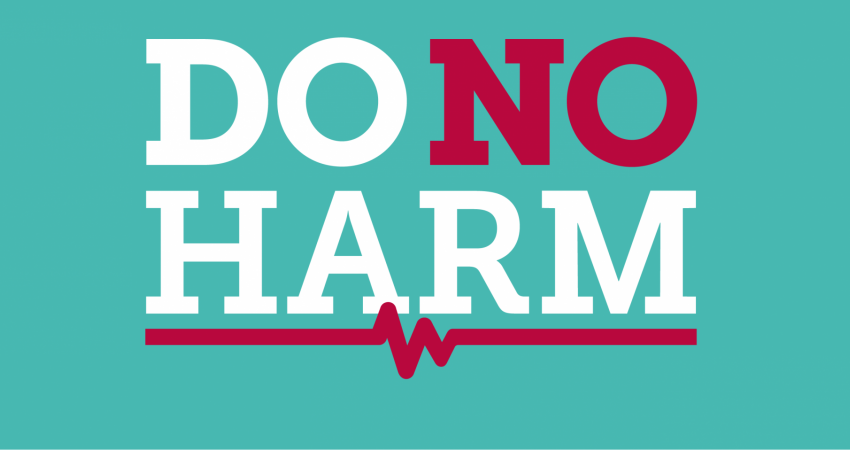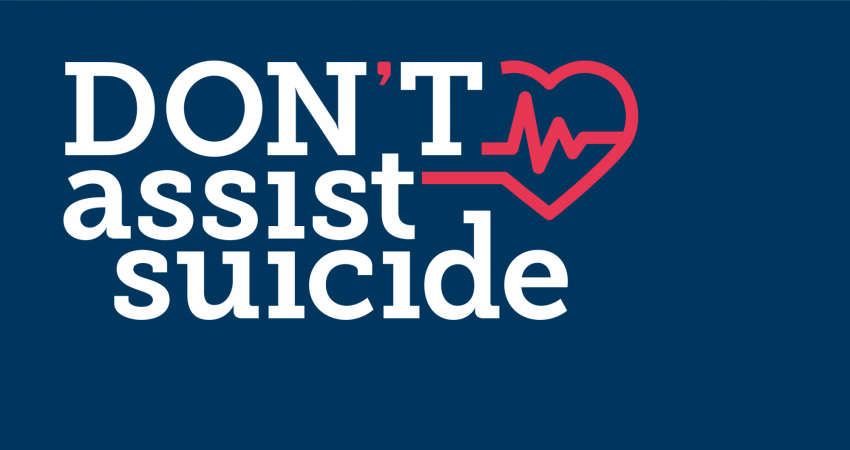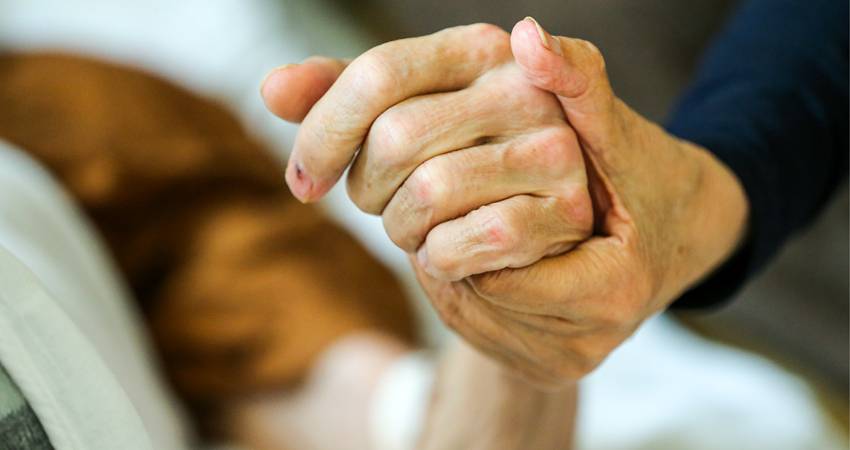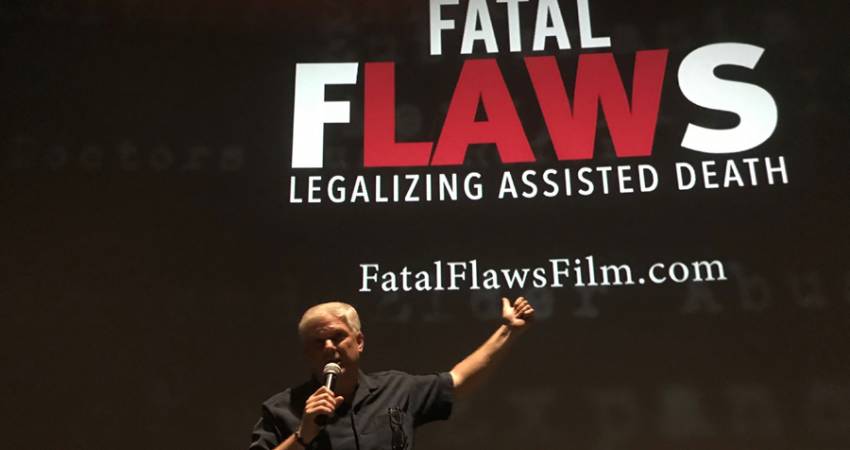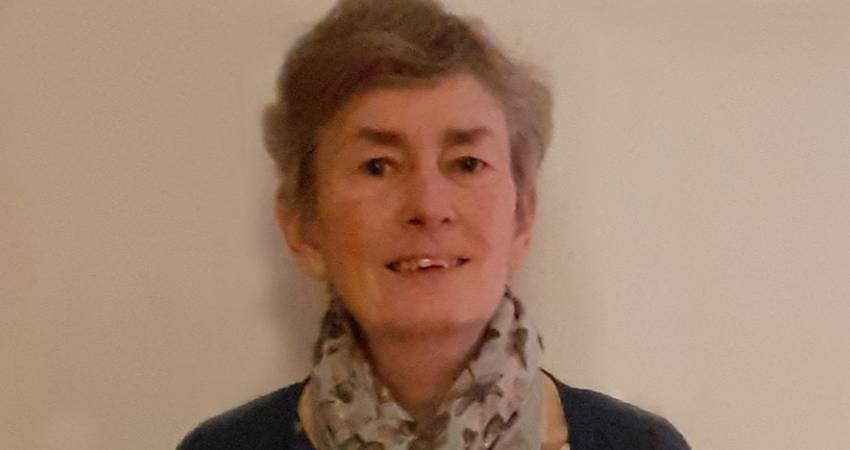Don't Assist Suicide: FACTSHEET
Assisted Suicide: 7 Key Facts You Should Know
A bill to legalise Assisted Suicide in Ireland is currently being debated. In 2018, the Joint Committee on Justice and Equality held hearings on this issue, where the top medical experts OPPOSED legalising assisted suicide - as did disability groups.
This factsheet looks at what has emerged from the practice of Assisted Suicide and Euthanasia in other countries - and at three fatal flaws in the bill being presented by Gino Kenny TD.
1. The number of people ending their lives increases rapidly once the law changes
In Canada, the number of people availing of assisted suicide has increased five-fold in just four years since 2015. In Belgium, euthanasia cases have increased by a factor of ten since 2003, while the Netherlands has seen an almost five-fold increases in deaths since 2002. Belgium has allowed children to be euthanized since 2014.
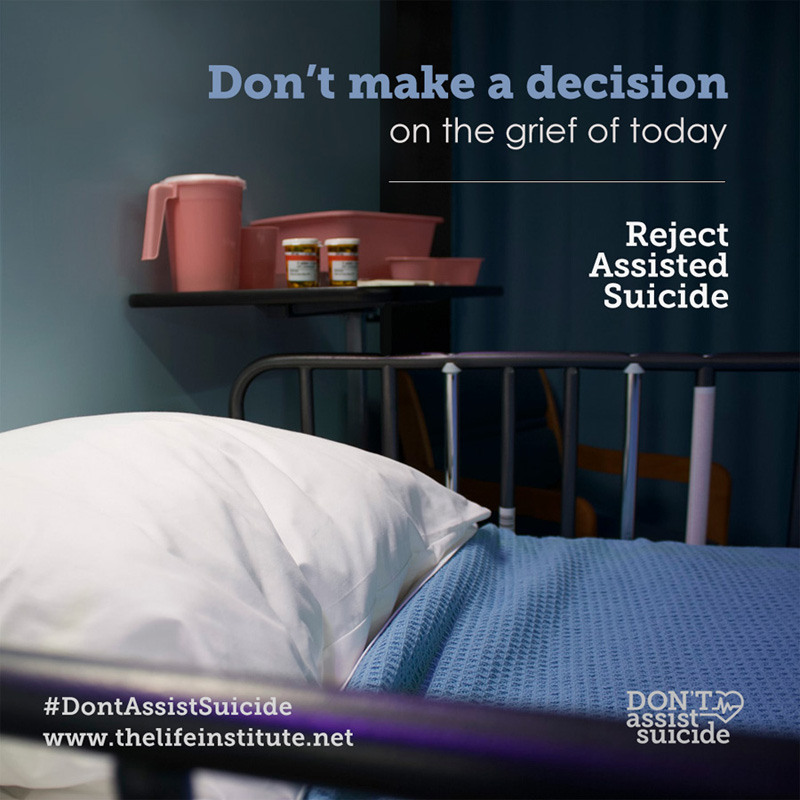
2. Medical experts say palliative care is the answer & strongly oppose assisted suicide
The Irish Palliative Medicine Consultants’ Association (IPMCA) - experts who focus on managing and relieving pain - have written to TDs saying, with palliative care, even severe physical or psychological distress can be managed.
The IPMCA wrote saying they are “opposed to any form of legislation for assisted dying, assisted suicide or euthanasia in Ireland” and that “compassion, advocacy and support are at the heart of the palliative care that is delivered across Ireland to those who are suffering as a result of advanced illness”.
They also say that “intended and inevitable unintended consequences of the proposed legislation are stark and unthinkable”.
The Royal College of Physicians of Ireland (RCPI) says advances in medicine and in palliative care mean that “nobody should be suffering either mentally or physically”, and that “in the worst cases, palliative sedation [is] available to address intractable physical pain”. It opposed assisted suicide “because it is contrary to best medical practice” and prefers “a considered and compassionate approach to caring for, and proactively meeting the needs and concerns of patients who may be approaching the end of their life”.
A 2019 Royal College of Physicians London survey confirmed 84% of palliative medicine physicians were opposed to assisted suicide. The RCPI is also concerned that a move towards assisted suicide would result in a shift in focus away from the development and the delivery of palliative care services and cure, and that research into palliative care may be discouraged.
The view of the leading medical experts caring for terminally ill and elderly patients could be summarised in the words of Prof Tony O’Brien who told the High Court in the Fleming case that doctors should not seek to “kill pain by killing patients”.
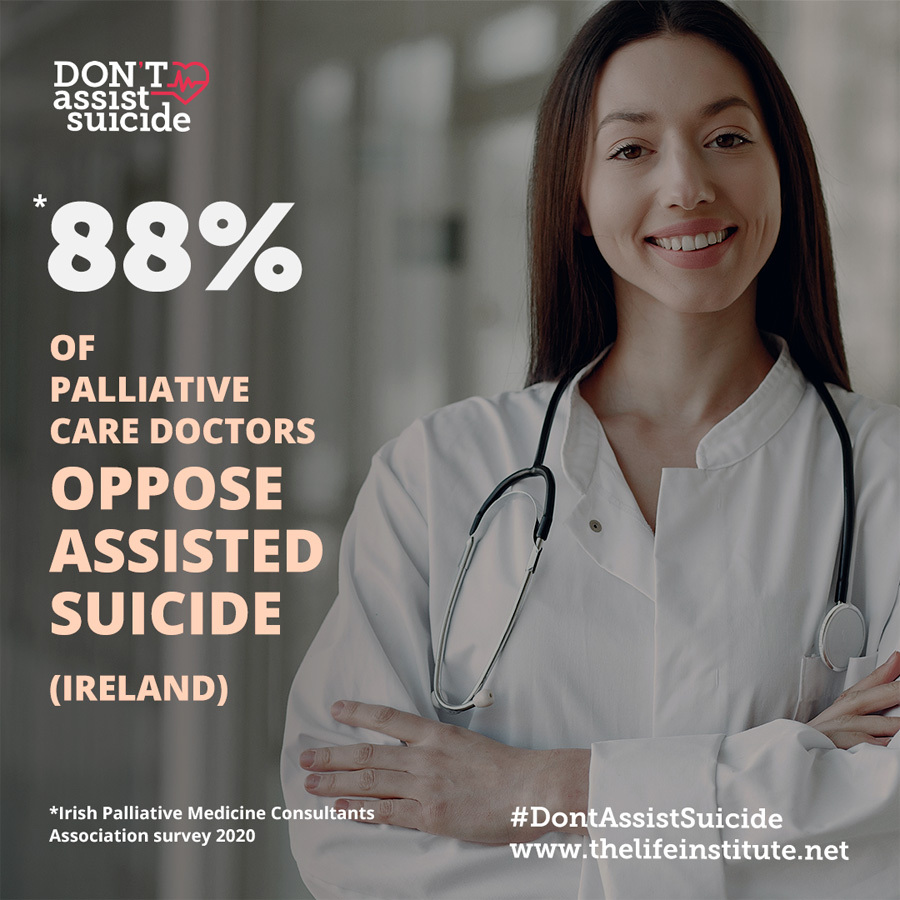
3. Vulnerable people can feel pressured to end their lives
Some 56% and 54% of people who were killed by assisted dying said that being a burden on family, friends and caregivers was a reason to end their lives, according to a 2017 study in Washington State and 2018 study in Oregon respectively. In the Netherlands, it has been estimated that 1 in 5 patients who sought euthanasia came under pressure to end their lives. A survey by the Dutch medics’ federation KNMG found that 70% of doctors had felt pressure to grant euthanasia.
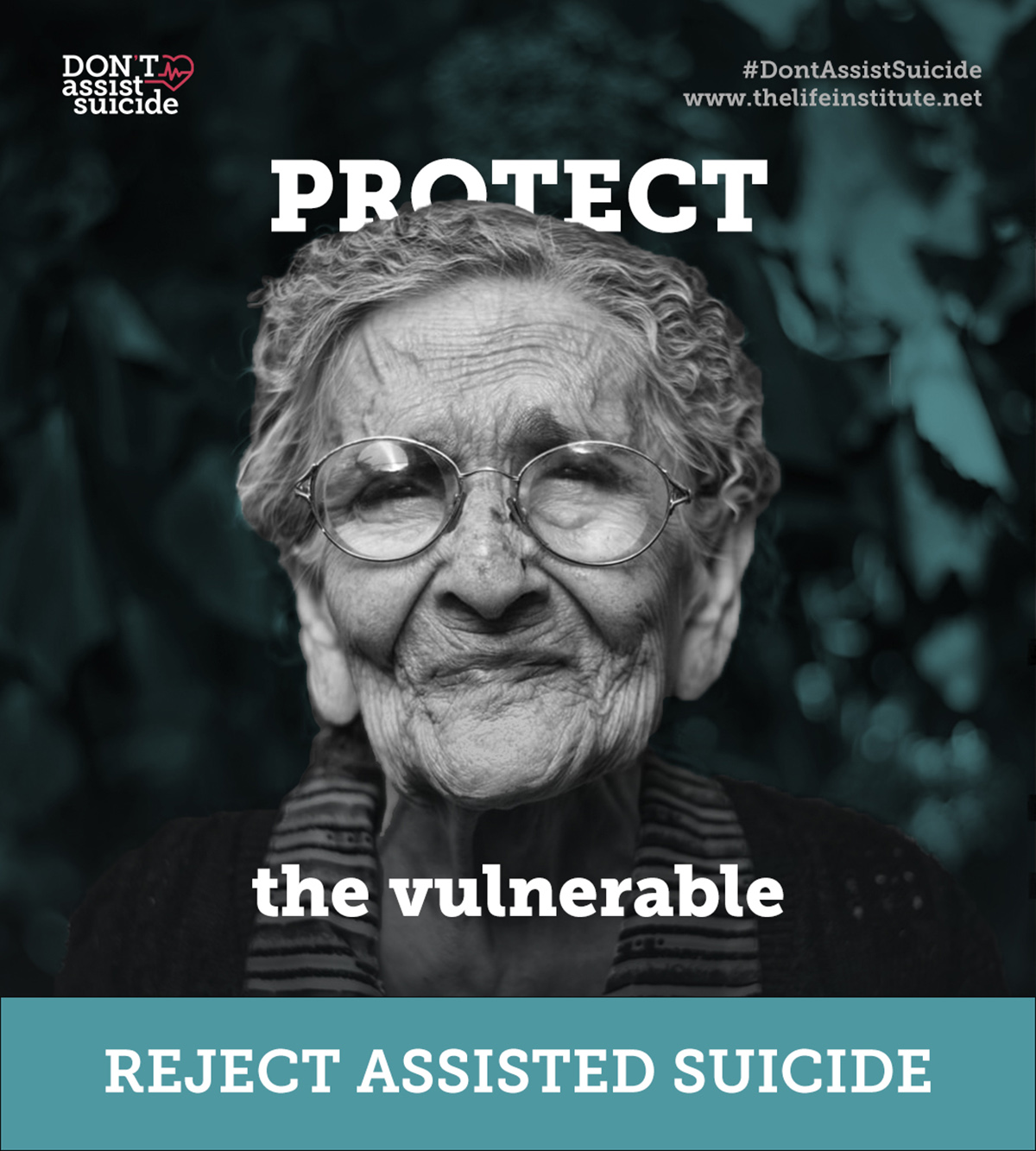
4. Assisted Suicide is also strongly opposed by disability groups
The Joint Committee on Justice and Equality heard that “disability rights organisations and advocacy groups are strenuously opposed to the legalisation of assistance in dying on the grounds that it would have a disproportionate impact on persons with disabilities and because it would reinforce “pervasive... assumptions that life with a severe disability is unbearable and not worth living.” The RCPI notes: “All major UK advocacy groups for disability have rejected assisted suicide.”
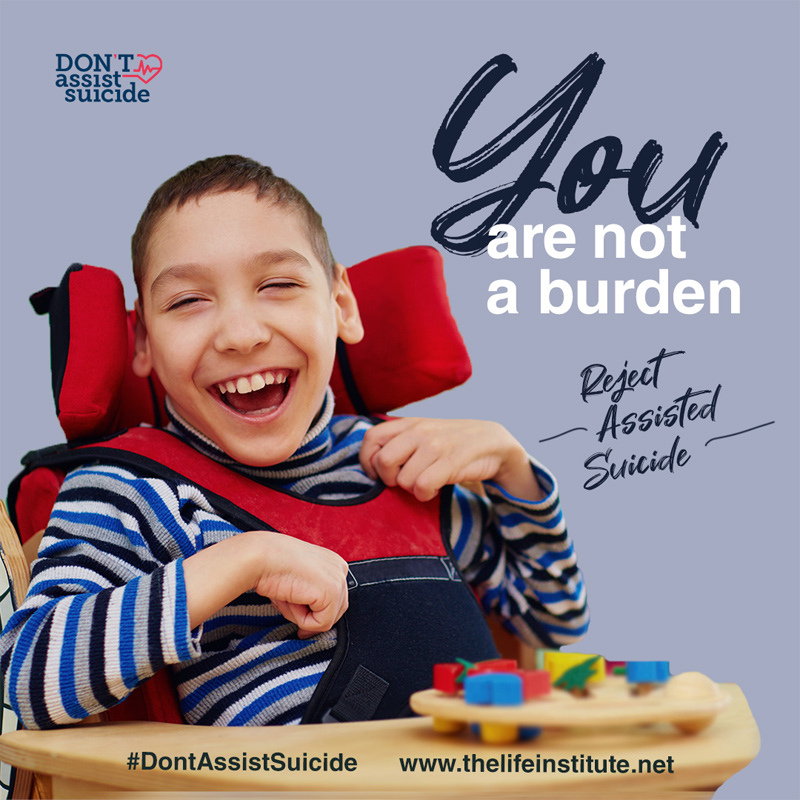
5. The rate of other suicides also increases
Professor Theo Boer, a leading Dutch expert who sat on euthanasia review panels for almost a decade, has shown that after euthanasia was legalised in the Netherlands the number of other suicides went up - with a rise of almost 34% in less than a decade. “In surrounding countries, most of which have no assisted dying practice, the suicide numbers went down. Germany, with a population much like the Dutch in terms of age, economy, and religion, saw its suicide numbers decrease by 10 percent in the same period,” he wrote.
It had been claimed that legalising assisted suicide would reduce the number of total suicides, but research contrasting the experiences of states in the U.S., found that legalizing assisted suicide “has been associated with an increased rate of total suicides” and “no decrease in non-assisted suicides”.
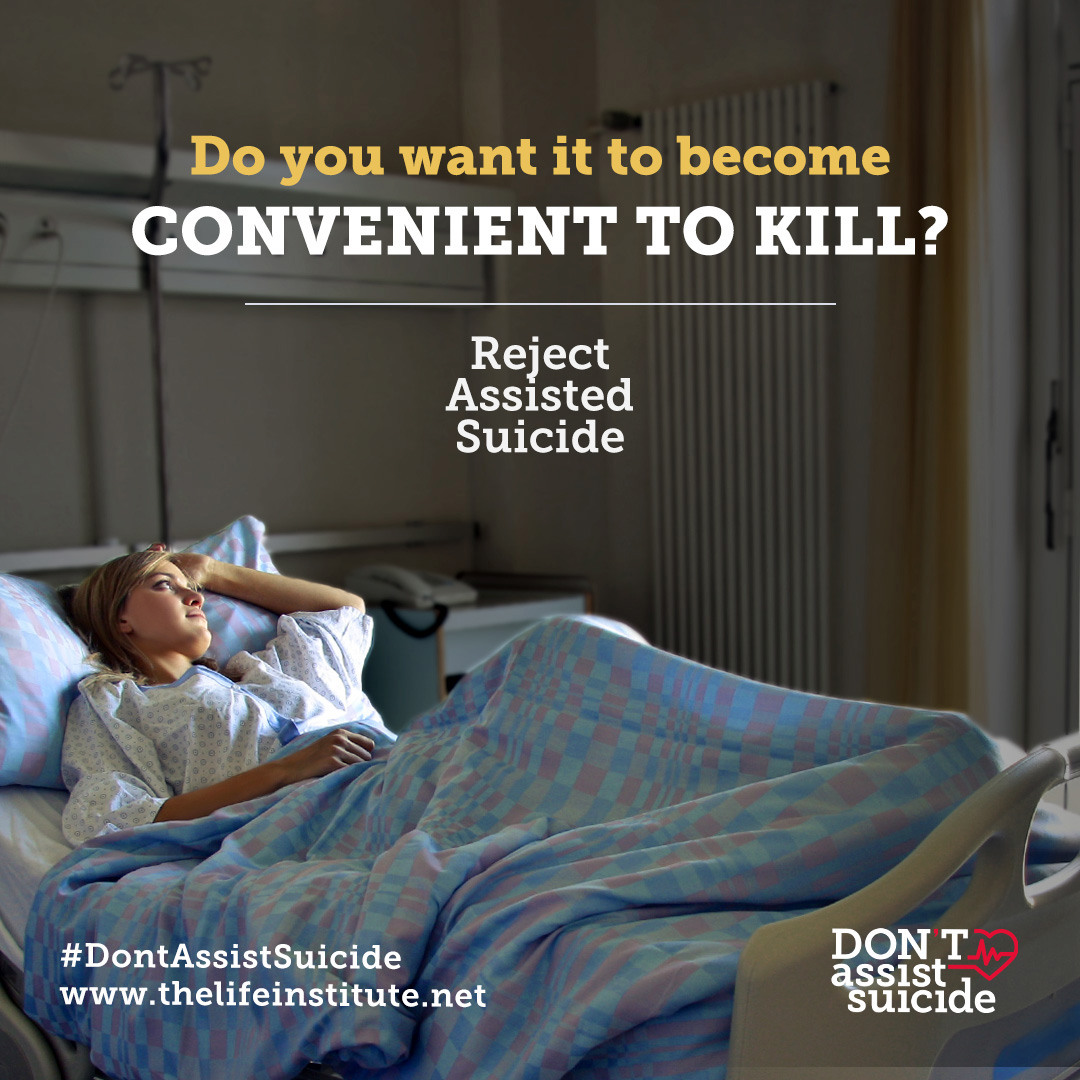
6. Disturbing cases have come to light
A recent disturbing case in the Netherlands involved a woman living with dementia who had expressed a wish to be euthanised, but also said that she wanted to determine the right time. As her dementia progressed, doctors made a decision to euthanise her. A sedative was put in her coffee and she lost consciousness, but woke up and began to struggle. Doctors asked her family to hold her down as they gave the woman the lethal injection. A Dutch court found that they had acted within the law.
In 2018, Roger Foley from Ontario, who suffers from an incurable neurological disease, made audio recordings of hospital staff offering him medically assisted death, although he had repeatedly asked for assistance to live at home.
In Belgium, Tine Nys, a 38-year-old Belgian woman was euthanised on grounds of ‘unbearable suffering’. Her sisters are adamant she was not terminally ill, as Belgian law requires, but suffering from the stress of a broken relationship, and had not, in fact, undergone psychiatric treatment for 15 years.
In Oregon, Barbara Wagner sought chemotherapy treatment to treat advanced lung cancer. Health insurers refused to pay for the costly treatment, but offered to pay $50 for the drugs to assist her suicide. Ms Wagner said “To say to someone, ‘we’ll pay for you to die, but not pay for you to live,’ it’s cruel.”
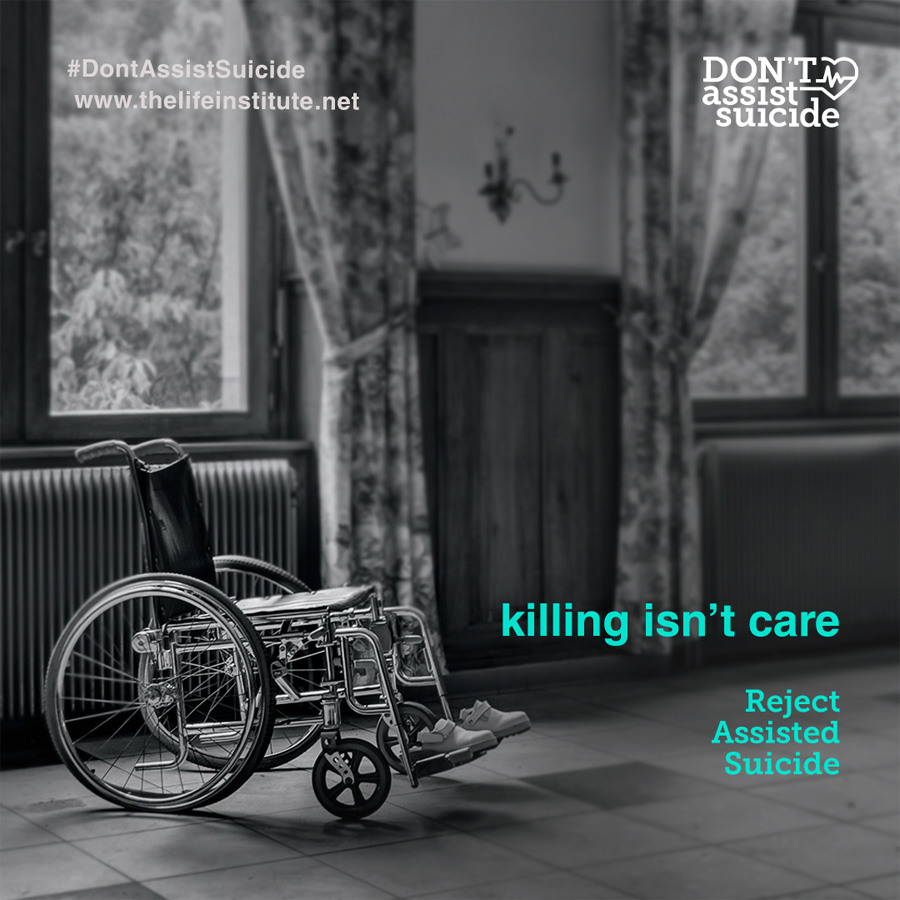
7. Courts have ruled safeguards impossible
The High Court in the Fleming case ruled that: “even with the most rigorous systems of legislative checks and safeguards, it would be impossible to ensure that the aged, the disabled, the poor, the unwanted, the rejected, the lonely, the impulsive, the financially compromised and emotionally vulnerable would not avail of this option to avoid a sense of being a burden to their family and society.”
The Supreme Court, in 2013, warned of the difficulty in changing the law “without jeopardising an essential fabric of the legal system – namely respect for human life and compromising these protections for others”.
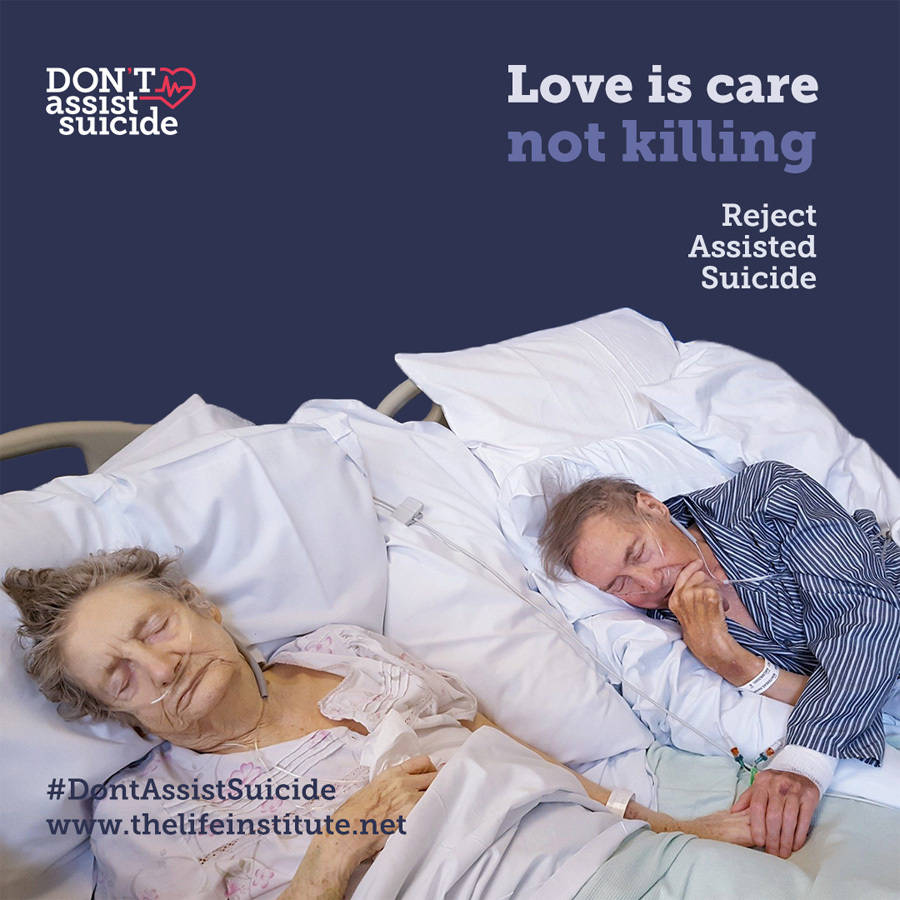
3 Key Facts about Gino Kenny’s Bill
- Pain and suffering are not mentioned in the Bill. There is no requirement that the person who seeks a doctor to end their life is experiencing unbearable pain or suffering. It’s simply not in the Bill.
- Instead, the Bill states a person must be ‘terminally ill’ to avail of assisted suicide. A terminally ill person is defined as “having an incurable and progressive illness which cannot be reversed by treatment, and the person is likely to die as a result of that illness or complications”. This broad definition could include Parkinsons, heart disease, dementia and many other conditions. There is no requirement that the person be at the end of life - once a diagnosis is received assisted suicide can be requested.
- Doctors would be obliged to refer patients for assisted suicide, striking down their right to conscientious objection.
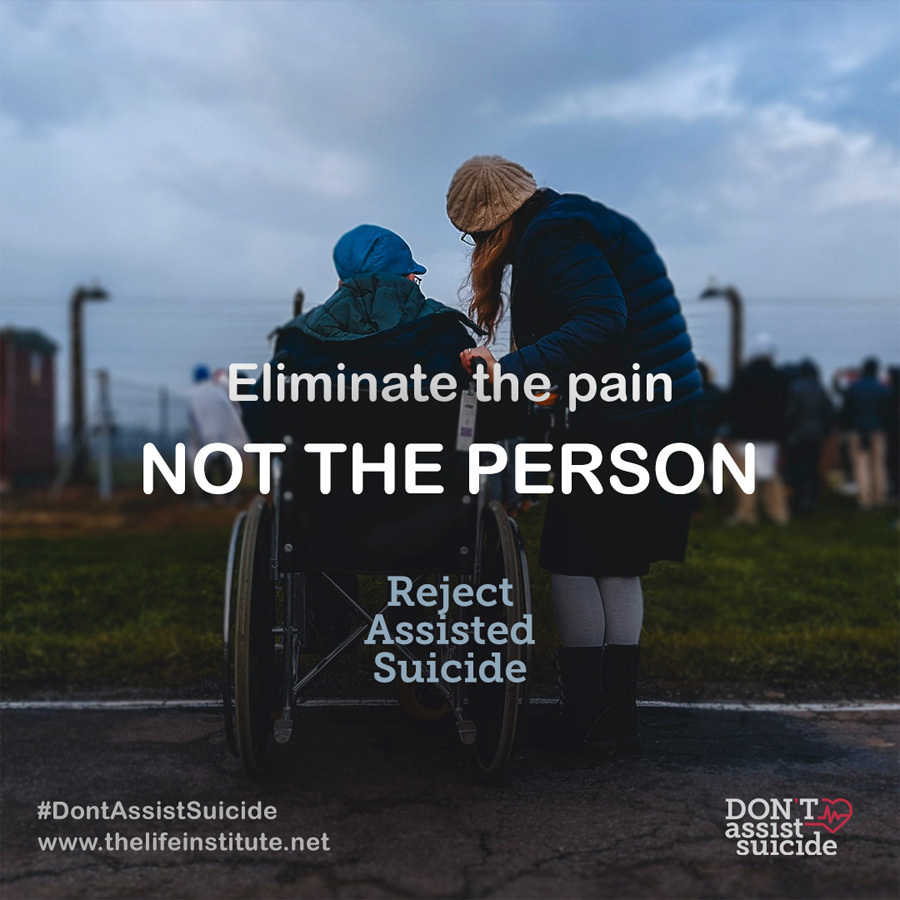
References
Joint Committee on Justice and Equality, Report on the Right to Die With Dignity, June 2018
_ _ _ _ _ _ _ _ _ _ _
Annual Report on Medical Assistance in Dying in Canada, 2019
https://www.canada.ca/en/health-canada/services/medical-assistance-dying-annual-report-2019.html
_ _ _ _ _ _ _ _ _ _ _
The Belgian Commission Fédérale de Contrôle et d'Évaluation de l'Euthanasie
_ _ _ _ _ _ _ _ _ _ _
Regional Euthanasia Review Committees
http://english.euthanasiecommissie.nl
_ _ _ _ _ _ _ _ _ _ _
Irish Palliative Medicine Consultants’ Association: Submission to TDs on Private Member’s Bill to legislate for Assisted Suicide in Ireland, Sept 2020
_ _ _ _ _ _ _ _ _ _ _
RCPI, Assisted Suicide, Position Paper (2017)
https://www.rcpi.ie/news/releases/assisted-suicide-position-paper/
_ _ _ _ _ _ _ _ _ _ _
Association for Palliative Medicine of Great Britain and Ireland, Position Paper, 2020
_ _ _ _ _ _ _ _ _ _ _
Oregon Death with Dignity Act. 2018 Data Summary
_ _ _ _ _ _ _ _ _ _ _
Washington State Death With Dignity Act. Report March 2018
https://www.doh.wa.gov/Portals/1/Documents/Pubs/422-109-DeathWithDignityAct2017.pdf
_ _ _ _ _ _ _ _ _ _ _
Pressure on Patients is cause for Concern
https://www.dutchnews.nl/news/2015/07/pressure-on-patients-is-cause-for-concern-euthanasia-expert/
_ _ _ _ _ _ _ _ _ _ _
Jones DA, Paton D. How Does Legalization of Physician-Assisted Suicide Affect Rates of Suicide? South Med J. 2015 Oct;108(10):599-604. doi: 10.14423/SMJ.0000000000000349. PMID: 26437189
https://pubmed.ncbi.nlm.nih.gov/26437189/
_ _ _ _ _ _ _ _ _ _ _
Dutch Doctor on Trial in Landmark Euthanasia Case
https://www.courthousenews.com/dutch-doctor-on-trial-in-landmark-euthanasia-case/
_ _ _ _ _ _ _ _ _ _ _
Chronically ill man releases audio of hospital staff offering assisted death
_ _ _ _ _ _ _ _ _ _ _
Belgium euthanasia: Three doctors accused in unprecedented trial
https://www.bbc.com/news/world-europe-51103687
_ _ _ _ _ _ _ _ _ _ _
There's Nothing Progressive About Physician-Assisted Suicide http://time.com/4068423/physician-assisted-suicide/
_ _ _ _ _ _ _ _ _ _ _
